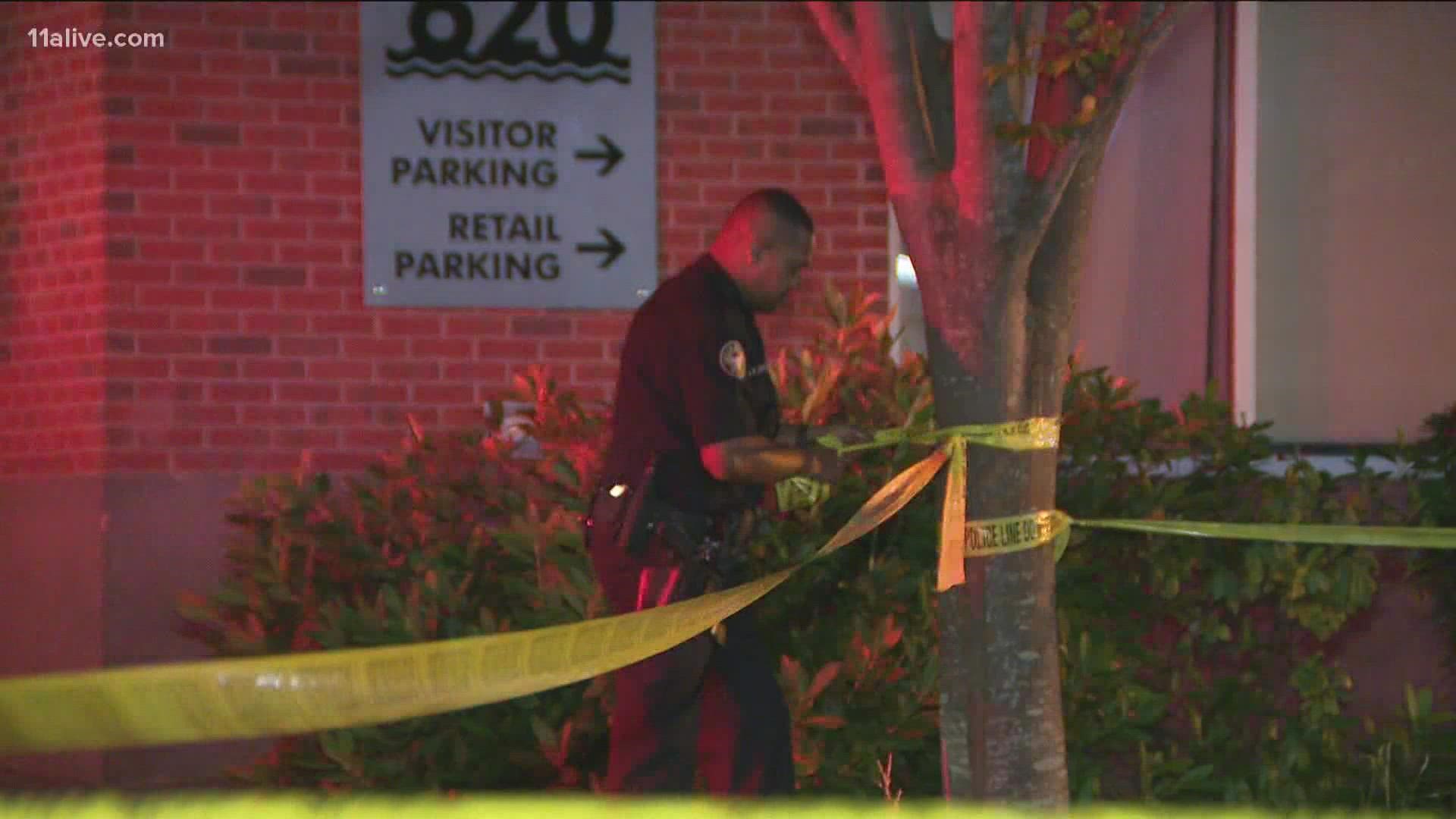ATLANTA — A new FBI report released Monday showed violent crime across the nation increased in 2020. According to the FBI, it was the first time such crime increased nationally in the past four years.
The crime trend was also reflected around Georgia and in Atlanta.
Nationally, homicides jumped nearly 30 percent from 2019, the largest spike since 1960, according to reporting from the New York Times.
Along with homicides, aggravated assaults and overall violent crime trended upward year-to-year.
Here in Georgia, homicides jumped 55%.
Nationally the FBI estimated in 2019, 16,669 homicides were committed compared to 21,570 in 2020.
In Georgia, the estimate was 605 in 2019 compared to 943 in 2020, while violent crime increased 23% and assaults shot up 33% over the same time period.
Data Atlanta Police sent to the FBI for the report shows homicides in the city increased 62% from 2019 to 2020.
Nationally, around Georgia and in Atlanta, robberies and property crime both decreased.
"There are just so many variables in what may be spiking crime, in particularly violent crime," said Dr. Cedric Alexander, former DeKalb County director of public safety and current public safety advisor for Sharon Gay's Atlanta mayoral campaign.
Alexander said while violent crime has trended upward over the past year, on the national, state, and local level, it is hard to say across the board why crime is up as the issue is often very community-based.
He said repeat offenders, unemployment, children being out of school more frequently in 2020, the pandemic, and issues surrounding policing all could have played a role.
"You would really have to focus in on each city individually and do a study, a very detailed study in each one of those cities," he explained.
While crime spiked last year, the rate of homicides and aggravated assaults are still well below totals from the late 1980 and '90s, both nationally and in Georgia.
According to Alexander, the focus must be on getting ahead of the current trend before the crime numbers normalized and record highs return.
How individual communities respond, he said, will need to be tailored to their unique and local needs.
"We have to utilize all of our technology, all of our data analysis that we have in front of us in order to be able to be as predictive as we can but understanding human beings are very complex individuals and what we may do today may not work tomorrow," Alexander said.

